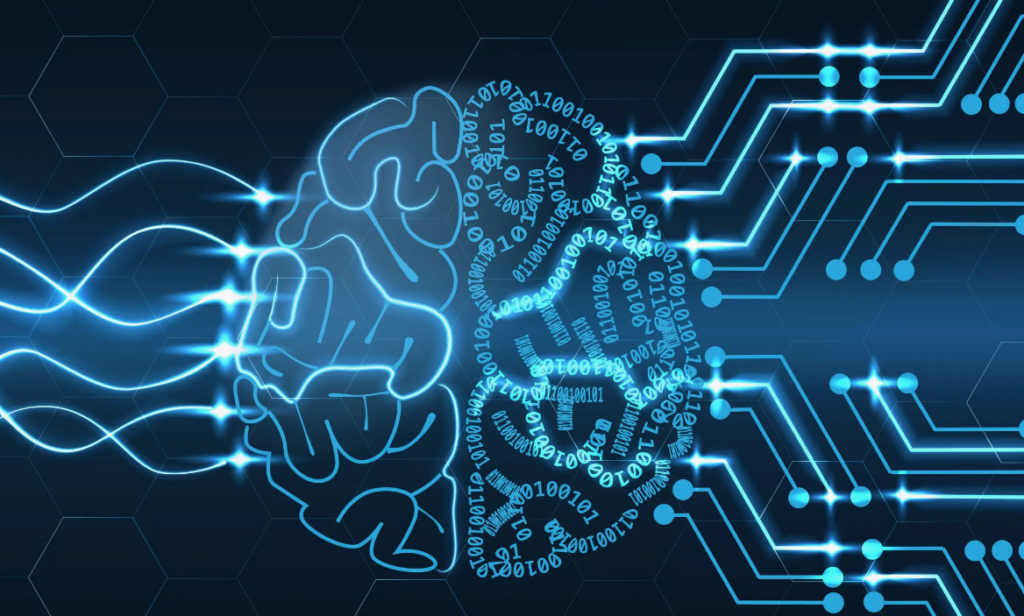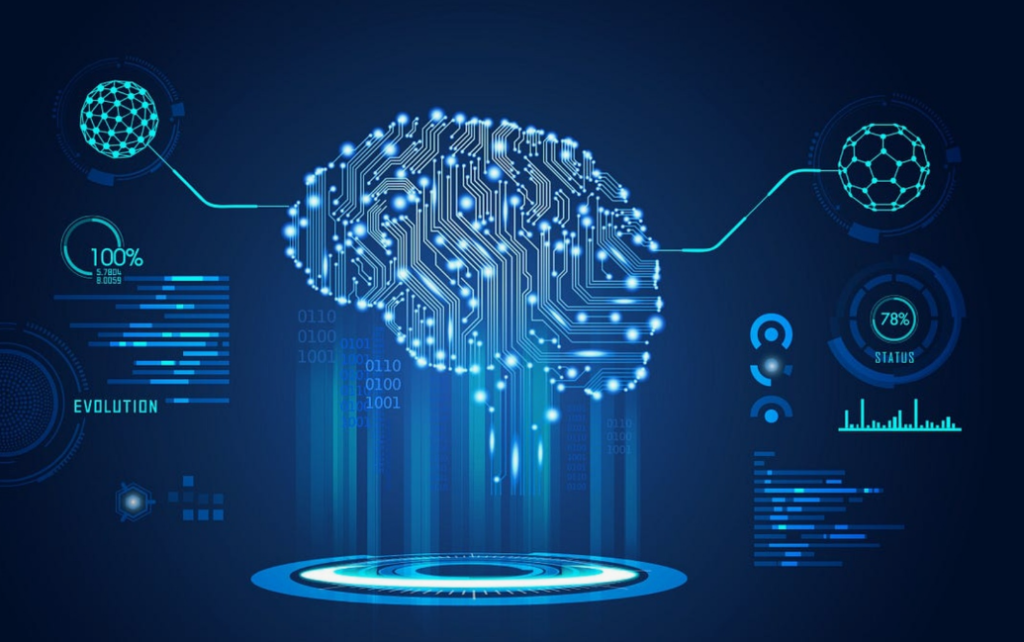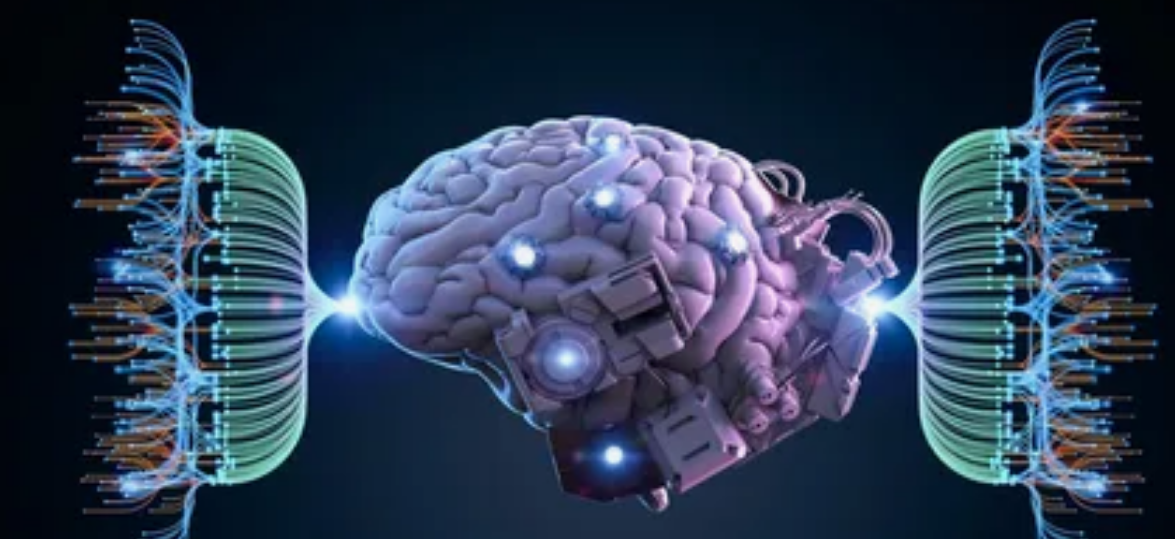Data Analysis AI, like AnswerRocket, utilizes AI for sales analysis, performance reporting, ad hoc analysis, and forecasting. Combining traditional data analysis skills with AI expertise, AI data analysts extract insights and predict trends using advanced algorithms and computational techniques. As AI tools automate and simplify the data analysis process, they support each stage from data collection to generating insights. With the ability to interpret complex datasets using natural language processing, ChatGPT performs advanced data analysis tasks such as text summarization, sentiment analysis, and report generation.
While AI can automate some tasks of data analysts, human analysts are still essential for comprehensive analysis.
Data Analysis AI

The Rise of Data Analysis AI
In recent years, the integration of data analysis with artificial intelligence (AI) has revolutionized the way businesses and organizations leverage data. The ability of AI to process and analyze massive datasets has made data analysis an indispensable component of AI systems. Let’s delve into the evolution and importance of data analysis in AI, and explore the role of AI in online data analysis.
Evolution of Data Analysis
The evolution of data analysis in AI can be traced back to the advancements in machine learning and deep learning algorithms. These technological developments have empowered AI systems to not only analyze structured data but also extract insights from unstructured data such as images, videos, and text. As AI continues to evolve, the sophistication of data analysis techniques has grown exponentially, enabling organizations to make data-driven decisions with unprecedented accuracy and efficiency.
Importance of Data Analysis AI
The importance of data analysis in AI cannot be overstated. AI relies on robust data analysis to identify patterns, make predictions, and automate decision-making processes. By leveraging data analysis, AI systems can uncover hidden correlations and trends within complex datasets, leading to more accurate predictions and actionable insights. Moreover, data analysis in AI plays a pivotal role in enhancing the performance and reliability of AI models, ultimately driving innovation and competitive advantage for businesses.
AI Data Analysis Online
With the increasing demand for AI-powered data analysis tools, online platforms have emerged to facilitate seamless data analysis using AI capabilities. These platforms offer a wide range of AI-powered data analysis solutions, including automated data extraction, marketing analytics, data movement, and embedded data analytics tools. Furthermore, AI tools for data analysis enable organizations to leverage advanced algorithms and computational techniques for extracting insights and predicting future trends, thereby optimizing decision-making processes.
Key Techniques In Data Analysis For AI
Data analysis plays a crucial role in the development and deployment of AI solutions. By utilizing advanced techniques and algorithms, data analysts can derive valuable insights from large datasets, enabling AI systems to learn and make informed decisions. In this blog post, we’ll explore some of the key techniques in data analysis for AI, including machine learning algorithms, statistical analysis methods, and data analysis AI courses.
Machine Learning Algorithms
Machine learning algorithms are essential for AI applications, as they enable systems to learn from data and make predictions or decisions without being explicitly programmed. These algorithms include supervised learning, unsupervised learning, and reinforcement learning, each serving different purposes in data analysis for AI.
Statistical Analysis Methods
Statistical analysis methods are used to interpret and draw conclusions from data. Techniques such as hypothesis testing, regression analysis, and time series analysis are employed to identify patterns, trends, and relationships within datasets, providing valuable insights for AI-driven decision-making.
Data Analysis AI Course
For those looking to enhance their expertise in data analysis for AI, a specialized course in data analysis AI can provide comprehensive training in advanced techniques and tools. These courses cover topics such as data visualization, big data analytics, and AI integration, empowering professionals to harness the full potential of data for AI applications.
Challenges In Data Analysis For AI Implementation
Implementing AI in data analysis presents several challenges that need to be addressed for successful integration and optimal performance. The challenges range from ensuring the quality and quantity of data to the interpretability of the AI models.

Data Quality and Quantity
One of the primary challenges in data analysis for AI implementation is ensuring the quality and quantity of the data. AI models heavily rely on high-quality and large volumes of data to generate accurate insights and predictions. However, incomplete, inaccurate, or unrepresentative data can lead to biased or flawed outcomes. Moreover, insufficient data can hinder the AI model’s ability to learn and generalize effectively.
Interpretable Models
Another significant challenge lies in creating interpretable AI models. As AI becomes more complex, understanding the inner workings of the models becomes increasingly difficult. It’s crucial to develop models that not only provide accurate results but also allow humans to comprehend the reasoning behind the decisions made. Achieving transparency and explainability in AI models is essential for building trust and gaining insights from the analysis.
AI Data Analysis Excel
AI-driven data analysis offers tremendous potential for enhancing decision-making and uncovering valuable insights. Leveraging AI tools, such as TensorFlow, Microsoft Power BI, and PyTorch, enables businesses to automate and streamline various data analysis tasks, leading to more efficient operations and strategic decision-making.
Ethical Considerations In Data Analysis For AI
Ethical considerations in data analysis for AI play a crucial role in ensuring the responsible and fair use of data. It involves addressing issues such as data privacy, bias, and transparency to uphold ethical standards in AI-driven data analysis, promoting trust and accountability in decision-making processes.
Ethical Considerations in Data Analysis for AI As the use of AI in data analysis continues to grow, it is important to consider the ethical implications of this technology. While AI has the potential to revolutionize the way we analyze data, it also raises concerns about issues such as bias, privacy, and data protection. In this section, we will explore some of the key ethical considerations that must be taken into account when using AI for data analysis. Bias and Fairness One of the biggest challenges when using AI for data analysis is ensuring that the algorithms are free from bias and that they are fair to all individuals and groups. AI algorithms are only as good as the data that is fed into them, so if the data is biased, the algorithms will be too. This can lead to unfair treatment of certain groups and perpetuate existing inequalities. To avoid bias and ensure fairness, it is important to carefully consider the data that is being used and to take steps to remove any biases that may be present. This can involve using diverse datasets, testing algorithms for bias, and monitoring the results to ensure that they are fair and equitable. Privacy and Data Protection Another important ethical consideration in AI data analysis is privacy and data protection. As data becomes increasingly valuable, it is important to ensure that it is collected, stored, and used responsibly and ethically. This means taking steps to protect individuals’ privacy and ensure that their data is not misused or shared without their consent. To protect privacy and data, it is important to implement robust data protection policies and procedures, including encryption, access controls, and monitoring. It is also important to be transparent about how data is being collected and used and to obtain individuals’ consent before using their data. Data Analysis AI Certification To ensure that AI is being used ethically and responsibly in data analysis, it is important to have certification programs in place that can verify that algorithms and processes are free from bias and are in compliance with ethical standards. This can include certification programs for data scientists, AI developers, and other professionals involved in the development and deployment of AI algorithms. By implementing certification programs, we can ensure that AI is being used ethically and responsibly in data analysis and that it is not perpetuating existing biases or inequalities. Ultimately, this will help to build trust in AI and ensure that it is being used to benefit society as a whole.
Future Trends In Data Analysis For AI
The future trends in data analysis for AI are focusing on integrating advanced algorithms and computational techniques to extract insights and predict future trends. AI data analysts combine traditional data analysis skills with expertise in AI and machine learning to automate and simplify the data analysis journey, supporting every stage of the process.
AI is unlikely to fully replace the need for human analysts, but it can automate certain tasks traditionally performed by data analysts.
As artificial intelligence (AI) continues to evolve, so does the field of data analysis. In the future, we can expect to see advancements in the way data is analyzed and utilized to improve business performance. Here are some of the top trends to look out for:
Explainable AI
Explainable AI is a growing trend in data analysis that focuses on transparency and accountability. It involves creating AI models that can explain their decision-making processes in a way that humans can understand. This is important because it helps to build trust in AI systems and ensures that they are making decisions that align with human values and ethics.
Automated Machine Learning
Automated Machine Learning (AutoML) is another trend that is gaining popularity in the world of data analysis. AutoML involves using machine learning algorithms to automatically build and optimize models without the need for human intervention. This can help to speed up the data analysis process and make it more efficient. Some of the benefits of AutoML include:
- Reduced time and cost of building models
- Improved accuracy and performance of models
- Increased accessibility for non-experts
In the future, we can expect to see even more advancements in AutoML technology, making it an essential tool for businesses of all sizes.

Analytics on The Edge
Analytics on the Edge is a trend that involves analyzing data locally, at the source of the data, rather than sending it to a central location for analysis. This can help to reduce latency and improve the speed and accuracy of data analysis. It is particularly useful for businesses that rely on real-time data analysis, such as those in the healthcare, finance, and transportation industries. In conclusion, the future of data analysis for AI is bright, with many exciting advancements on the horizon. From explainable AI to automated machine learning and analytics on the edge, businesses can expect to benefit from faster, more accurate data analysis in the years to come.
Frequently Asked Questions
Is there an AI for data analysis?
Yes, AnswerRocket is an AI data analytics platform for tasks like sales analysis, business performance reporting, ad hoc analysis, and forecasting.
What does a data analyst do in AI?
AI data analysts combine traditional data analysis skills with AI and machine learning expertise to extract insights using advanced algorithms and predict future trends.
Can Chatgpt perform data analysis?
ChatGPT can perform advanced data analysis tasks like text summarization, sentiment analysis, and report generation with natural language processing.
Will AI replace data analysts?
AI can automate some tasks of Data Analysts like data cleaning, but won’t fully replace human analysts.
Conclusion
In the realm of data analysis AI, the future is promising with advanced algorithms and machine learning. AI data analysts are revolutionizing the way insights are extracted and trends predicted. While AI can automate some tasks, human analysts remain invaluable. Embrace the power of AI in data analytics.

